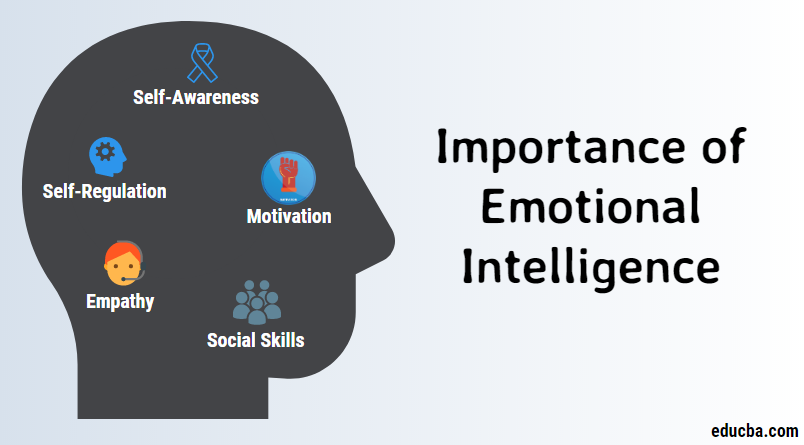In today’s fast-paced, high-stakes workplaces, EQ skills can give you the edge. But you cannot have EQ unless you have nourished yourself, says Chevalley Hedge.
Have you heard about this EQ thing? It seems to be on every blog, portal and LinkedIn account. Why? Because EQ is essential for business leaders to have and to demonstrate.
Almost 25 years ago, Daniel Goleman’s groundbreaking book, Emotional Intelligence, redefined what it means to be smart. He popularised the term EQ (Emotional Quotient) to describe the ability to recognise and understand our own emotions and those of others.
This book sparked a personal development industry, based around the revelation that unlike our innate IQ (Intelligence Quotient), the five core EQ skills – self-awareness, self-regulation, motivation, empathy, and social skills – could be learned.
While developing emotional literacy made sense for individual personal development, its benefits were initially less obvious in the workplace, where traditionally ‘soft skills’ were considered secondary to technical, ‘hard’ or IQ abilities with a clearer connection to profitability, ROI and achieving KPI’s.
In recent years though, businesses have come to recognise the value of EQ. According to a recent LinkedIn survey, 57% of employers said EQ or ‘soft skills’ are the first things they look for when recruiting.
“Empathy, motivation, awareness of others, relationship management and social interaction are all important skills which allow us to successfully reach the desired outcomes of most jobs”.
Michele Chevalley Hedge, Nutritionist, International Speaker and Author, A Healthy View
But it is impossible to have these skills when you are overfed, undernourished or sleeping poorly. Nourishment has a knock-on effect on everything we value as successful employees. When you’re eating well, you tend to sleep better; when you sleep better you tend to eat better and have the energy to exercise. When we sleep and exercise well we know this has a positive impact on our stress threshold, critical thinking skills and our ability to connect with our co-workers.
The ultimate people skill
When you look at two candidates who have similar technical skills and experience, a demonstrated level of higher emotional intelligence helps one stand out. As we enter the world of AI and increased automation, EQ will become even more important as it is a uniquely ‘human’ skill that will not be replaced by technology.
Building an EQ culture
Successful businesses are implementing corporate wellness programs that have a 360-degree approach. They often include advice from experts on nutrition, mindfulness, meditation, physical exercise, and emotional intelligence
From large corporations to startups, focus on taking care of our bodies and brains is no longer some new age movement. It is the number one priority for successful businesses. Nourishment and developing EQ go hand in hand in creating and developing successful workforces.
References:
Interview with Michele Chevalley Hedge @ Workplace Wellness Summit
Workplace Wellness Festival, International Speaker and Author
Workplace Wellness Festival AU


